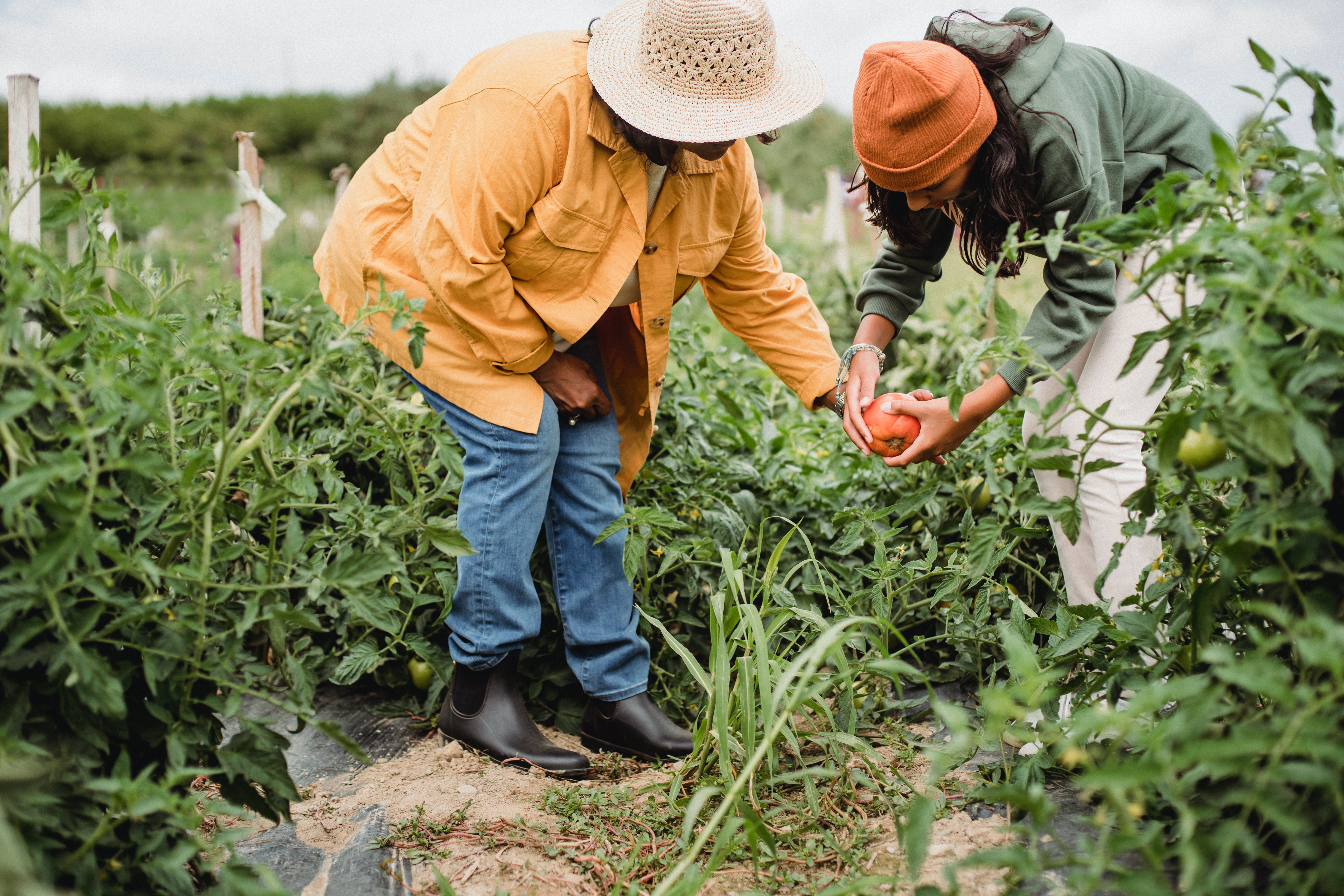The Impacts of Agricultural Food Waste
What are the impacts of agricultural food waste? Read on to find out more about the topic and learn how to minimize waste in your produce business.

Food waste is becoming an increasing concern on a nationwide scale, and one of the major contributors to this problem is agriculture.
According to estimates by the Food and Agricultural Organization (FAO) of the United Nations, over one-third of all food produced for human use is lost or wasted each year. This amounts to around 1.3 billion tons of food being thrown away annually.
Particularly troublesome is the presence of agricultural food waste, which results in the loss of precious resources and contributes to the deterioration of natural environments through the generation of greenhouse gasses.
This article covers the environmental and social impacts of food waste from the agricultural sector and sheds light on how this crisis can be mitigated through various measures, including through technological solutions like Silo. Let’s have a look.
What is agricultural food waste?
In agriculture, food waste refers to the loss or wasting of food that occurs at any point within the production of agricultural goods. This may include both direct and indirect losses, encompassing anything from crops that remain on the field after harvesting to food that’s thrown out during processing, shipping, and retail sales.
In agriculture, food waste may also be referred to as "agro food waste," encompassing waste throughout the entire food supply chain that begins on the farm and ends at the consumer level.
Sources of food waste in agriculture
Produce waste is one of the most significant contributors to the problem of wasted agricultural products. The perishability of these commodities allows them to be easily damaged or spoiled at any time during harvesting, shipping, and storage, which can lead to huge financial losses, wasted resources and inputs, and a waste of the product itself.
Waste may also occur when produce does not satisfy aesthetic standards established by sellers, causing the food to be rejected and thrown away as a result. This waste not only leads to the loss of useful resources, but also contributes to the deterioration of natural environments when not disposed of correctly.
The impact of agricultural fruit and vegetable waste
Here are the impacts that food waste can have.
Environmental impacts
Food waste has serious environmental consequences, as it wastes resources like land, water, and energy utilized in the manufacturing process. This is especially troublesome in places with limited resources. In arid states, for example, wasting water resources can lead to shortages, hurting agricultural output and the welfare of agriculturally-reliant populations.
Apart from resource loss, agricultural food waste adds to environmental damage through greenhouse gas (GHG) emissions.
The breakdown of food waste in landfills releases methane, a strong GHG that contributes to climate change. In terms of warming potential, methane is projected to be 25 times more powerful than carbon dioxide (CO2), making food waste particularly damaging to the environment.
Monetary loss
The monetary consequences of food waste in agriculture are also substantial.
Food waste causes growers and food producers to lose money, which hurts small-scale growers who may lack the finances to invest in storage and transportation facilities that aid in waste reduction.
Retailers can also suffer losses as a result of the expenses involved in disposing of unsold or outdated food.
Food security concerns
The waste of fruits and vegetables also causes food security concerns. Food products that would have otherwise fed hungry people are being thrown away, and this has huge societal implications, especially in poorer areas where food insecurity is common. This is especially troubling for vulnerable populations that include children, pregnant women, and the elderly.
How to minimize the impact of agricultural waste
To minimize the impact of waste, consider making use of these tips.
Use technology
The use of technology to decrease agricultural food waste is one solution to minimize impact.
Enterprise resource planning (ERP) software solutions, for example, can be used to track inventory more efficiently. Effective stock management, as well as accurate demand planning and forecasting, means less product gone to waste.
Advocate for government policies
Policies and laws that incentivize decreased food waste can encourage businesses to cut back and benefit as a result. Governments, for example, might make laws that allow for food recovery or establish redistribution programs to prevent food waste and help businesses.
Spread awareness
Awareness is important in combating agricultural food waste. Supporting more sustainable food habits means encouraging education about the effects of food waste. Businesses should be able to access the necessary tools and resources to help with reduction efforts.
Things like community composting programs and instructional campaigns on how to store and preserve food to avoid spoilage might fall under this category.
Minimize waste with Silo
Agricultural food waste is a problem that impacts businesses, the economy, the environment, and society as a whole.
Solutions like Silo can help in this regard. Silo allows produce businesses to cut down on waste significantly by letting them monitor inventory more closely. Track and manage lots to prioritize produce accordingly.
Book a demo with Silo today!
Want to book a demo with us?
Add your info and we’ll get one scheduled with you.